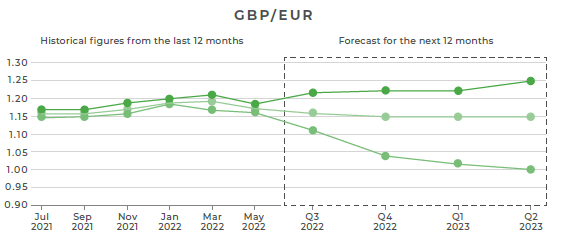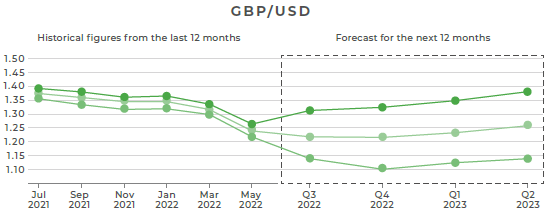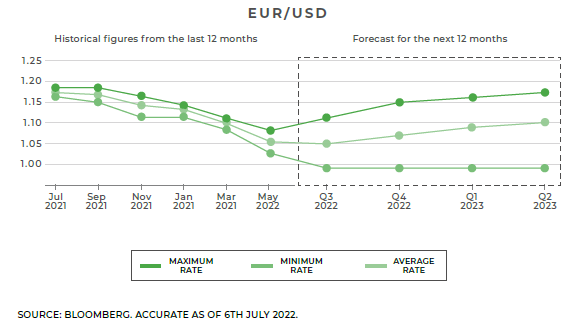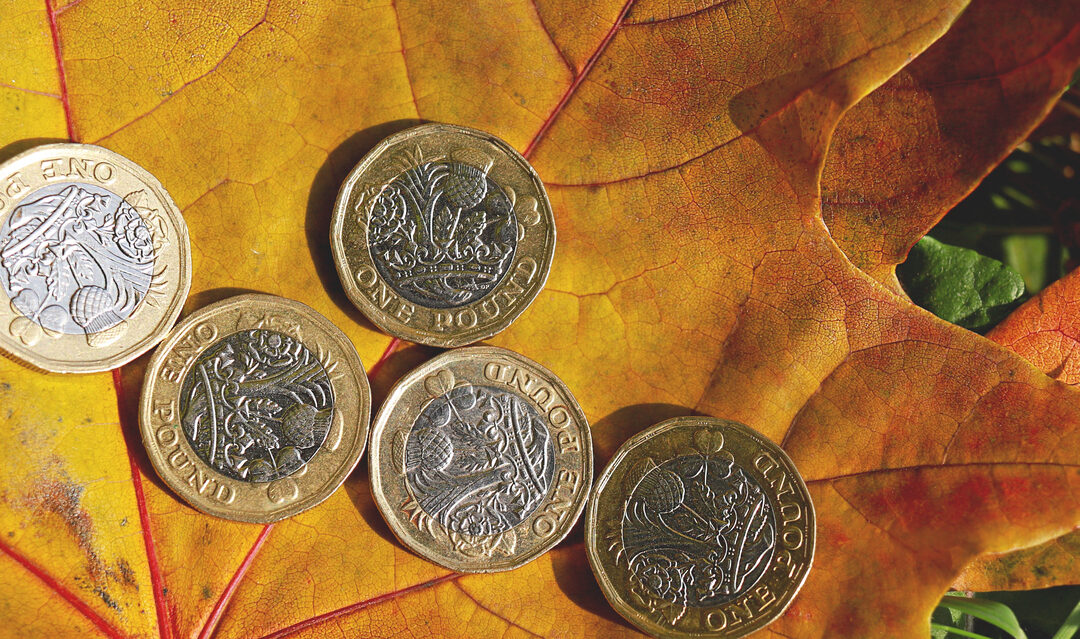The war in Ukraine, ongoing repercussions from the pandemic, high inflation and more are inciting fears that a recession could happen in the UK and globally.
Central banks continue to face the difficult challenge of tackling high inflation whilst protecting the economy. Meanwhile, governments are attempting to ease the impact of rising prices on households and businesses. Fighting in Ukraine still rumbles on, Europe faces a growing energy crisis, and the UK awaits a new Prime Minister.
In short, economic uncertainty is rife, and this is reflected in the currency markets.
Get a quote from us today by completing our simple form. We’ll take a look at your requirements and arrange to speak to you at a suitable time to offer the best possible solution for all of your upcoming currency transfers.
For our readers who will be making a significant transaction overseas in the year ahead and who, therefore, could be paying thousands more or less depending on the strength of sterling, we strongly suggest you do not base any financial decision solely on the predictions from major banks.
However, whilst their predictions may only be educated guesswork, they build into a fascinating guide to the political, economic and health events that will influence the pound and other currencies.
The brand-new Quarterly Forecast is free to download and packed full of analysis and insight from our currency experts here at Smart.
Pound versus euro
According to some analysts, GBP/EUR could fall to around €1.11 in the next three months. Not everyone is quite so pessimistic, though. Predictions stretch as high as €1.22 but settle at an average of €1.16.

The pound strengthened against the euro this week following the release of UK GDP data. The data showed that the UK economy unexpectedly grew in May, beating market forecasts. This was driven by in services output, led by human health and social work activities, mainly because of a large rise in GP appointments. However, the Conservative leadership race and other factors could cause volatility for the pound in the coming weeks.
Pound versus dollar
The bank’s predictions show a large disparity for this pairing over the next 12 months, with forecasts ranging from 1.14 to 1.32!

The dollar continued to strengthen yesterday, on the back of Friday’s excellent non-farm payrolls data and a general risk off sentiment, surrounding fresh rises in Covid in China and the risk to gas supplies in Europe.
Federal Reserve Chairman, Jerome Powell, said that despite a recession being a possibility, US economic conditions were generally favourable with a strong labour market and high demand.
Euro versus dollar
Predictions also show a large disparity for EUR/USD, ranging between 0.96 and 1.11 over the next three months.

Eurozone inflation hit 8.1% in May, the highest since the single currency was launched in 1999. Expectations around inflation have changed in France and Germany, as it’s thought that it will remain higher for longer. The ECB is now expected to raise interest rates by 25 basis points at its July meeting and end its bond-buying scheme as well, further emphasising the change in attitude.
Unemployment fell in April to 6.2% but year-on-year gross wage growth has only recently started to pick back up. The euro remains low versus the dollar as the political uncertainty, especially in Ukraine, keeps pressure on the currency.





















